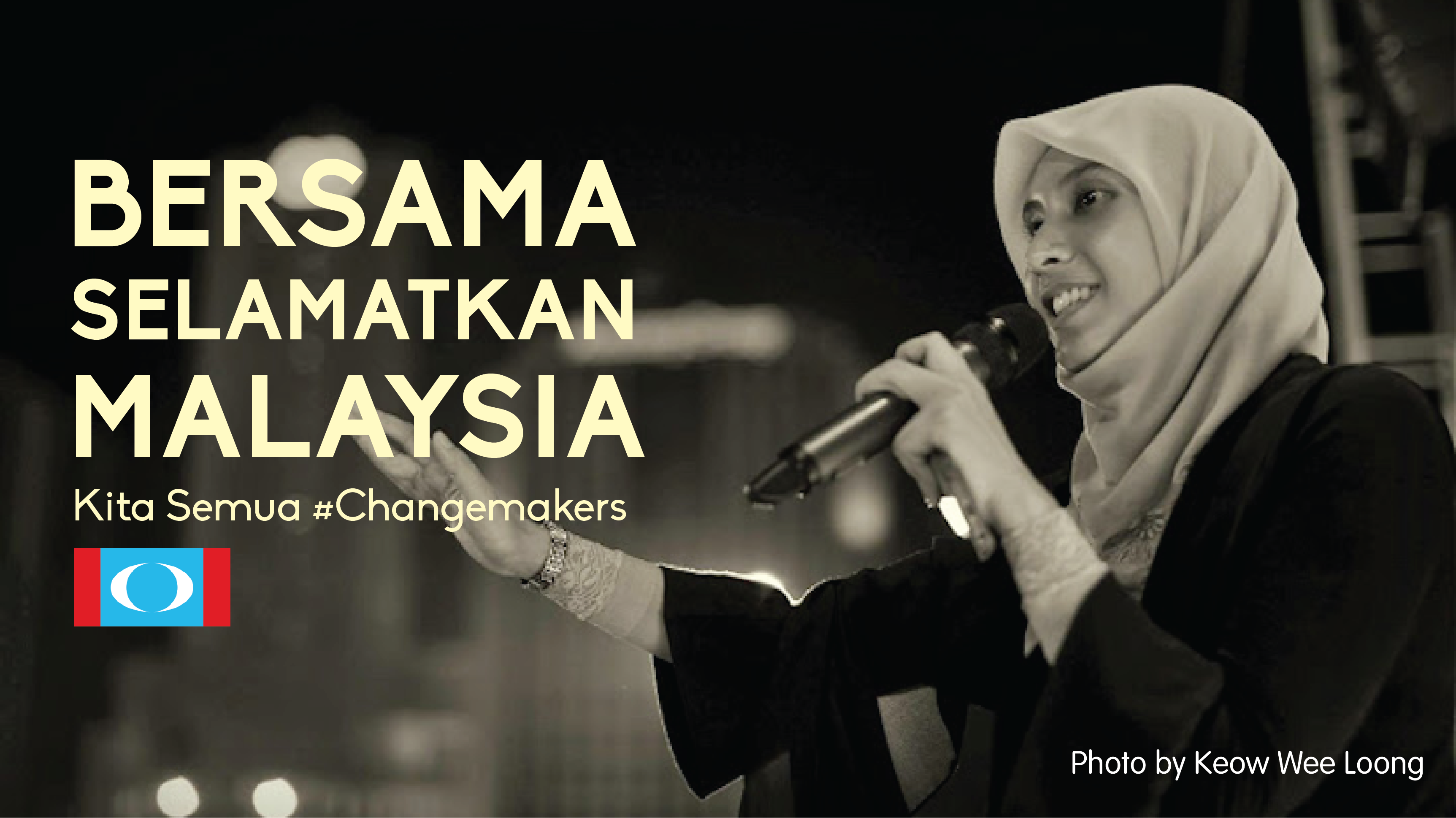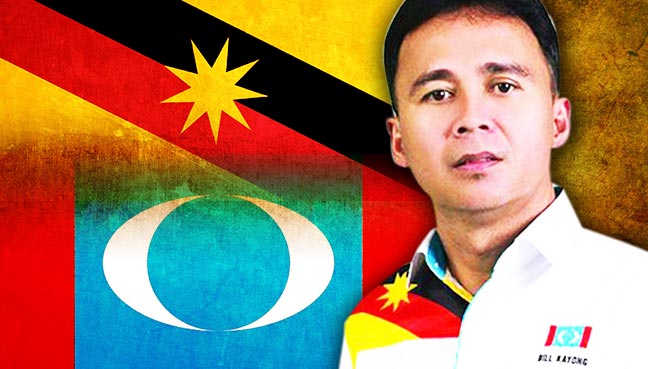MALAYSIA’S new federal cabinet is in place, but about half of Malaysia should feel woefully underrepresented. Without nary a notice by the press, again less than 9% of the ministers are women.
If our nation is to be competitive internationally and responsive to citizens at home, we must increase the contribution of women’s voices and ideas in federal government leadership.
In the fresh line-up of cabinet ministers, only three out of the 35 full ministers and deputy ministers are women, and even then all of them were already incumbents. Despite six new appointment opportunities, not a single woman was brought into the cabinet. Instead, Former Deputy Plantation, Industries and Commodities Minister, Allahyarhamah Datuk Noriah Kasnon, is now replaced with Datuk Datu Nasrun Datu Mansur.
Something certainly is missing in Malaysia – it is the leadership of women in governance.
In comparison, local efforts to boost women’s representation in the corporate realm have been far more progressive.
In May 2015, Prime Minister Najib launched the Malaysian chapter of the 30% Club, an initiative to introduce women leaders into the upper echelons of the corporate world. Indeed, Malaysia’s aim to be the first country within the Asean community to attain 30 percent representation of women as decision-makers in the private sector is a commendable one.
But why isn’t the government doing more for its own jurisdiction as what they preach to the corporates?
Developments in the 21st century have shown that the equitable representation of women is not a farfetched and senseless ideal. Upon his impressive election win as the Canadian Prime Minister, Justin Trudeau’s foremost operation was to convene a gender and ethnically diverse cabinet. With a one-to-one gender ratio in his cabinet, Prime Minister Trudeau was questioned on why a gender-balanced team was inducted to the leading positions of the country. His simple answer, last year of course – “Because it’s 2015.” But what year is it then in Malaysia?
Even in other Muslim-majority developing nations, Malaysia’s international peers have proven open and capable of empowering women to pursue key roles in government. As far back as 1988, Benazir Bhutto became the first female in Pakistan to be democratically elected as Prime Minister and was even re-elected into the country’s chief governance position in 1993. Since 1991, Bangladesh has changed its government three times, each time returning to a woman to take the helm as the Prime Minister.
Tansu Ciller served as the 30th Prime Minister of Turkey from 1993-1996, the country’s first woman in that role. In our own neighboring Indonesia, Megawati Sukarnoputri first served as vice-president, before shouldering the preeminent position as the nation’s President from 2001 to 2004.
There is one other special consideration that our scandal-plagued government may also note: according to a 2013 study by Rice University in Texas: women in politics, in democratic countries, are statistically less likely to be corrupt than their male counterparts.
Women – as equal partners to men – are more than capable of handling key positions of an organisation, be it in a multinational corporation or the national cabinet. Women in Malaysia have achieved commendable progress in attaining higher education credentials. As of 2013, female graduates outpace males as 62% of the cohort at University Malaya, but in 1959, female undergraduates comprised less than 11% of total undergraduates. Also, the number of women as income earners demonstrates an encouraging trend, as Malaysia’s participation rate of women workers increased from 46.8% in 2010 to 54.1% last year. It is high time that our political institutions catch up with the pace. To paraphrase PM Trudeau, “Because its 2016”.
While not perfect, the opposition parties in Malaysia have had some clear successes in pushing for equal opportunity to both men and women.
Although down from a previous high of over 40% of the Selangor State Executive Council being women in 2013, at its current female representation of 14%, the opposition-controlled state still fares better than the federal government’s anemic 9%. Similarly, while acknowledging the work-in-progress to promote women in the opposition, the Pakatan Harapan coalition members are outperforming the norms in every key participation metric: such as candidates, elected officers, and state Exco members.
Granted, there will be poor performing female cabinet leaders, just as there are poor performing male cabinet leaders. Clearly, no one should be appointed except by virtue of their merits. However, deserving candidates from both genders should be granted equal access and equal opportunities to participate in the leadership of this country utilising the gifts and abilities that God has bestowed upon them. That each person is treated with equal importance – without prejudice – must be the essence of our democracy.
Nurul Izzah Anwar
Kuala Lumpur
Source: http://www.thesundaily.my/node/377540





